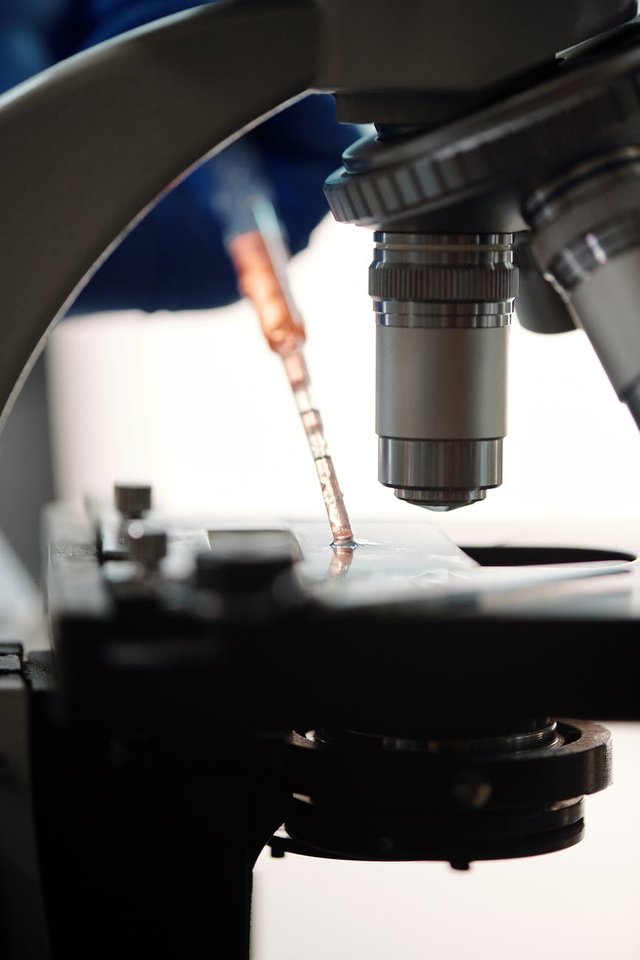Genetics Makes Alcoholism Less Likely
Some people possess a gene variant that protects them from becoming alcoholics by making them highly sensitive to ethanol.
There is a great deal of variation among human beings when it comes to how their bodies process alcohol, and many different factors influence the speed and severity with which people begin to feel inebriated, such as sex, weight, and prior drinking history. Now researchers have pinpointed a gene that seems to make people who possess it feel drunk faster and thus be less prone to alcoholism in their later lives. The findings are described in the online edition of the journal Alcoholism: Clinical and Experimental Research.
Gene For Alcoholic Sensitivity
Approximately ten to twenty percent of the population possess the gene CYP2E1. These gene had been previously linked to alcohol sensitivity, but the latest study, conducted at the University of North Carolina, strengthened the association. CYP2E1 works by coding for an enzyme that breaks down ethanol and other toxins in the brain; it also incidentally plays a role in the metabolism of nicotine, though this particular study concentrated on its alcohol sensitivity effects.
Gene Owners Got Drunk Faster
Researchers recruited 248 pairs of siblings so they could compare subjects to their genetic kin as well as to the unrelated other study subjects. Most of the volunteers had at least one parent who suffered from alcoholism, and most were not experienced drinkers themselves. Participants were given the equivalent of three alcoholic drinks, then breathalyzed, measure for amount of "sway" when they stood, and asked to report how drunk they felt.
Consistently, the subjects who reported feeling the drunkest the soonest were the people who possessed the CYP2E1 gene. It had long been suspected that people who get drunk the fastest in their young adult years were far less likely to develop alcoholism later in life, and this study seemed to provide a genetic component for that conclusion. It is not thought that the gene itself discourages alcoholism directly, but rather that people who possess the gene simply learn to moderate their alcohol intake early because of their more intense reaction to ethanol.
CYP2E1 and Free Radicals
When a person drinks, most of the alcohol is broken down much like a sugar is, with the liver metabolizing the ethanol and turning it into energy. But the CYP2E1 gene regulates the production of an enzyme in the brain that breaks down ethanol and produces free radicals. Because of this, possessors of the gene, while fortunately unlikely to become alcoholics, are unfortunately at a higher risk of developing certain cancers.
Source:
Parry, Wynne. "A Gene May Discourage Drinkers from Becoming Alcoholics." LiveScience. http://www.livescience.com/health/anti-alcoholism-gene-identified-101019.html.
